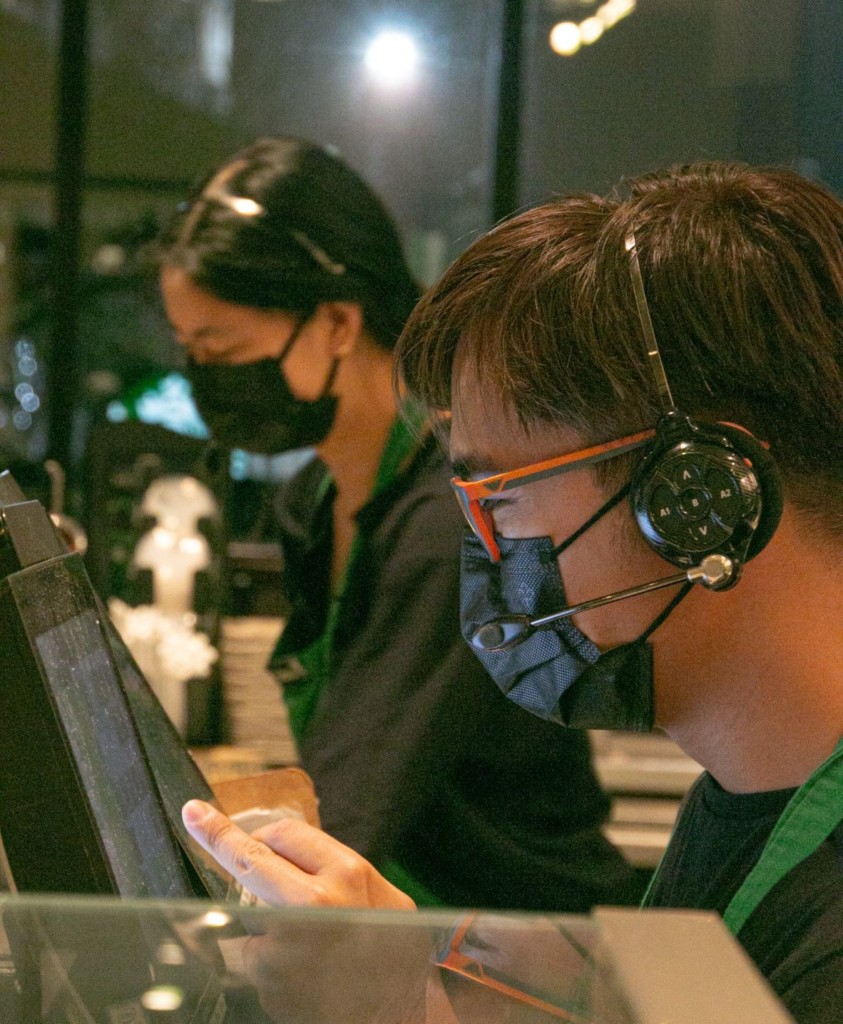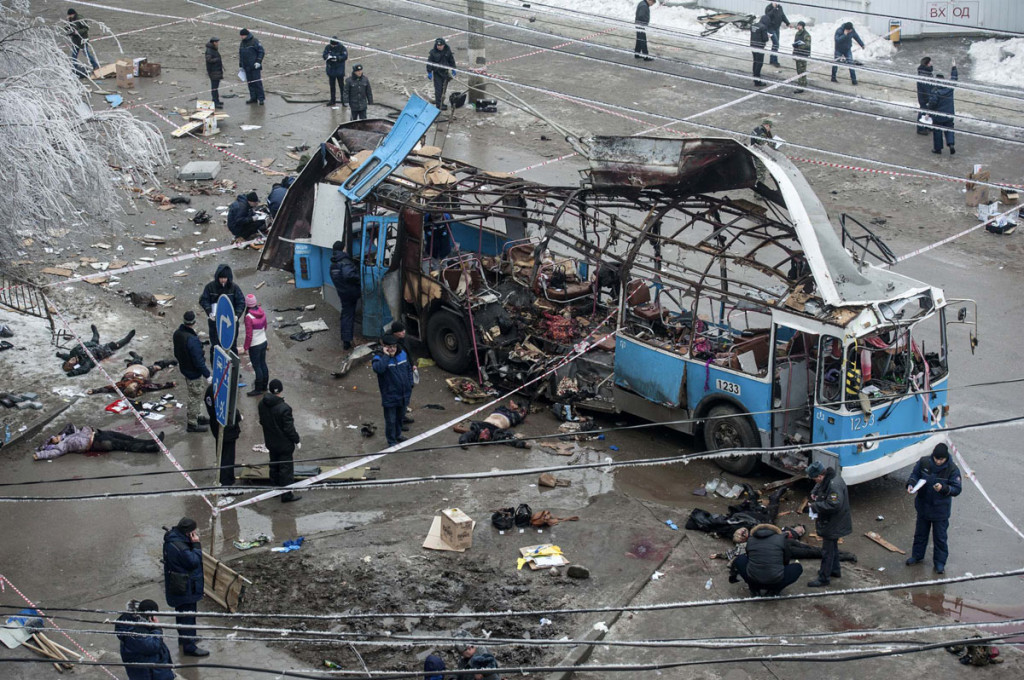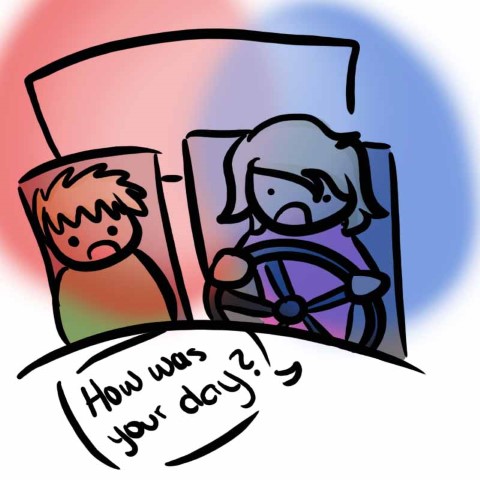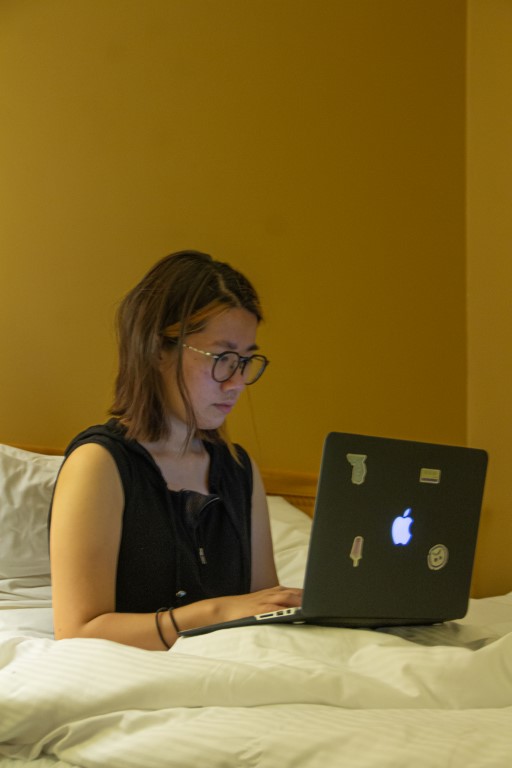
I have a strong sense that we’re making rational decisions with the best information that we have.
Dr. Bonnie Henry
BC’s prominent face during pandemic has encountered her share of criticism
By Brandon Yip, Senior Columnist
Provincial Health Officer, Dr. Bonnie Henry, has been the face of the pandemic in BC since March 2020. The title of her book, Be Kind, Be Calm, Be Safe, published in March 2021, is a mantra she has uttered numerous times to reassure BC residents that everything will be ok—with COVID-19 in our lives. Her calm and caring demeanour exhibited in her many briefings has been comforting during these difficult times.
But underneath the caring and compassionate exterior, Dr. Henry has proven that she is human and fallible in her decision-making and handling of the pandemic. She has received criticism from healthcare experts and people in the restaurant and fitness industries who are struggling financially. Parents have also expressed concerns regarding the safety of their children returning to school.
According to CBC News on December 30, 2021, Dr. Henry introduced gathering restrictions in response to BC’s fifth wave on December 17. On December 29, it was announced most K-12 students would be returning to the classroom one week later than usual from winter break.
At a COVID-19 briefing on January 4, Dr. Henry announced no further restrictions. To some people, the decision not to incorporate tighter restrictions in BC—especially with BC’s rising case counts due to the Omicron variant—seems puzzling. CBC News reported January 12, BC health officials said 500 people are in hospital with COVID-19, including 102 people in intensive care. Also, there have been six more deaths due to COVID-19 and 2,612 new cases. As of January 12, there are currently 36,394 active cases recorded of people infected with COVID-19 in BC. Around 2,455 people have died in BC from COVID-19, out of 288,939 confirmed cases to date.
In contrast, Ontario has implemented tighter restrictions to control the spread of the Omicron variant. CBC News reported January 3, Ontario placed restrictions on indoor dining (restaurants and bars), indoor concerts and movie theatres, museums, galleries, zoos and amusement parks. As well, retail stores and malls, indoor weddings, religious services and funerals have been reduced to 50 percent capacity. Similarly, Quebec announced further restrictions as reported by the Montreal Gazette on December 31, 2021. Some of the restrictions included a provincewide curfew, no gatherings allowed, no indoor sports (except single people or single household), businesses closed (restaurants open only for takeout and delivery) and schools closed (remote learning).
During her briefing on January 4, Dr. Henry made statements that left some people bewildered. She said, “It’s not about public health orders and us telling you what to do.” She later stated, “I’ve said many, many times I want to get out of the order business.” Dr. Henry’s remarks were not only surprising, but they were also revealing. They may indicate that she is mentally and physically tired of the pandemic.
Dr. Lyne Filiatrault, a renowned retired emergency room physician, in an interview with CTV News on January 4 was dissatisfied with Dr. Henry’s remarks and questioned her leadership abilities as Provincial Health Officer. “What is the job of public health?” Filiatrault said. “Because my take all along was to preserve the safety and health of the population of British Columbia.” She was “flabbergasted” with Dr. Henry’s statements: “…What is your job then? And are we going to let industry decide what they can and cannot do during a pandemic?”
David Molko, reporter for CTV News Vancouver, wrote in an online article published January 3 that Filiatrault recommended a three-week circuit breaker to slow the transmission of the Omicron variant: “[The] circuit breaker, which in Filiatrault’s view would at the minimum close non-essential businesses and reduce capacity at others below 50 [percent], would be a pause aimed at slowing transmission.”
Molko also asked Dr. Henry to clarify her statement made during her January 4 briefing: “I’ve said many, many times I want to get out of the order business.” Dr. Henry responded stating, “Yes, from the very beginning, public health orders are there as a last resort, when we want to make sure that people are absolutely doing things. And we want to do them in what we call the least restrictive means. That has always been our philosophy here and how we move forward.”
Nevertheless, Filiatrault recommends everyone to “up their mask game.” She also states the issue of ventilation in hospitals, long-term care and schools can be managed in a more comprehensive approach. “It doesn’t matter that you have six people at the table. Doesn’t matter that you have magic Plexiglas around you. This floats in the air,” she said.
But Dr. Henry stands by the decisions the province has made during the pandemic, despite criticism BC has not responded quicker to control the spread of COVID-19. “I have a strong sense that we’re making rational decisions with the best information that we have,” she said to CBC News on December 30, 2021. “I don’t think we’re doing any better or worse than we have from the very beginning.”
In February 2021, Dr. Henry disclosed to the media she had been the recipient of hateful phone calls and letters—including death threats—requiring police protection at her home. “It really is not acceptable,” she said as reported by CBC News. “What I find most disturbing is how it impacts the people I work with and my family and my close contacts and their concerns, so that’s the most challenging piece right now.” Dr. Henry understands the pandemic has caused increased amounts of stress and anxiety for many people. “I recognize that when people are in crises, part of the way they respond or react is to lash out or be angry,” she said.
Despite the challenges Dr. Henry has encountered, she has been recognized for her work—in trying to navigate BC through the pandemic. In May 2021, Henry received an honorary degree from the University of BC. In August 2021, she was awarded the Order of BC. In October 2021, Henry was one of 25 recipients of the City of Victoria’s Honorary Citizen Awards. Two months later, she was the recipient of the Friend of Pharmacy Award (BC Pharmacy Association).


